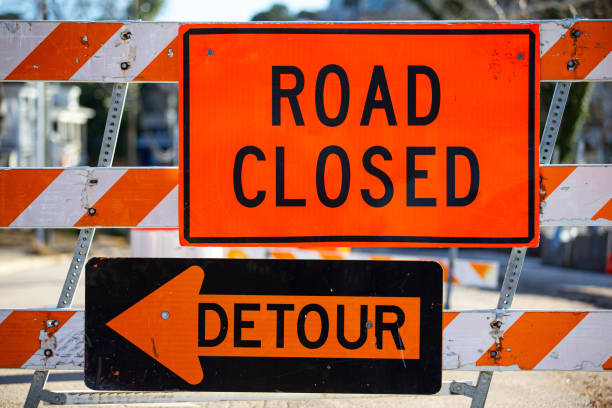National Highways is planning on closing a village road for 13 weeks as it will remove 1,600t of stone and concrete used to infill the historic Great Musgrave bridge in Cambria. The infilling of the 8.4m single span masonry arch bridge was carried out by Amco Geffen on behalf of National Highways between May and July 2021. It has since sparked controversy, with local campaign groups calling for the work to be reversed and engineers expressing “shame” in their profession after images of the infilling were published in national media outlets. The infilling of the 160-year-old bridge effectively ended longstanding plans to establish a link between two heritage railways in Cambria’s Eden Valley. Now, locals have expressed anger at the length of the closure needed on the B6259 to remove the infill. Musgrave Parish Council chair Tim Wells said: “It’s absolutely ridiculous – have they learned nothing? Yet again, there’s been no dialogue with the community directly affected by their actions. How can National Highways not understand the impact this closure will have on villages served by this crucial road? “Several farms have property on both sides of the bridge – they need to use it every day. There’s a produce seller who will lose most of their passing trade. “Are they going to be compensated? The school bus won’t be able to cross, so what are the children going to do? And then there are people who need to get to work and do their shopping. “The bridge is about 27m long. If you’re in a small vehicle that can use the lane heading north from Great Musgrave, the diversion from one end of the bridge to the other is almost 8km. But for a bigger farm machine, at best you’re looking at more than 11km going via Brough, and that assumes it will fit under the low bridge at Wacom.

“What They’re Planning to Impose Is Unacceptable.”
Among the reasons National Highways said it was closing the road was the safety of users of large vehicles such as farm machinery and buses. Great Musgrave bridge currently does not have the capacity for such traffic. National Highways said: “This work is a delicate process, and our contractor has developed a methodology to carry these works out in a safe way, both for their team and to conserve the bridge ar. “After the infill material has been removed the arch will be repointed and any additional necessary repairs carried out to ensure it can keep being used safely by the public. “Our infill work meant the road could remain open for use, however we were instructed by Eden Valley Council to remove it in 2022. We had safety concerns around the bridges use ahead of our work. “Our contractors will work as quickly and as sensitively as they can. “We can understand that having the road closures in place overnight outside of the working hours of 8am until 6pm might seem unnecessary, but the bridge cannot be used safely once work has begun.” National Highways was forced to submit a retrospective planning application to retain the infill material, but this was rejected by Eden District Council in June last year, after which an enforcement notice was issued requiring its removal by 11 October this year. Amco Giffee has already conducted preparatory works, exposing the top part of the bridge’s north side with the main scheme to remove the infill due to start on 17 July. Coring will begin in the second week of closures. National Highways has stood by its decision to infill the bridge despite widespread criticism. An internal review of the Great Musgrave bridge infilling carried out at the end of last year ruled that the work was “necessary”. Despite this, National Highway vowed to remove the infill to accommodate the reinstatement of the railway if a viable future for the route is found. If that happens, the roads operator has drawn up a list of five potential strengthening options for the Great Musgrave bridge.


Recent Comments